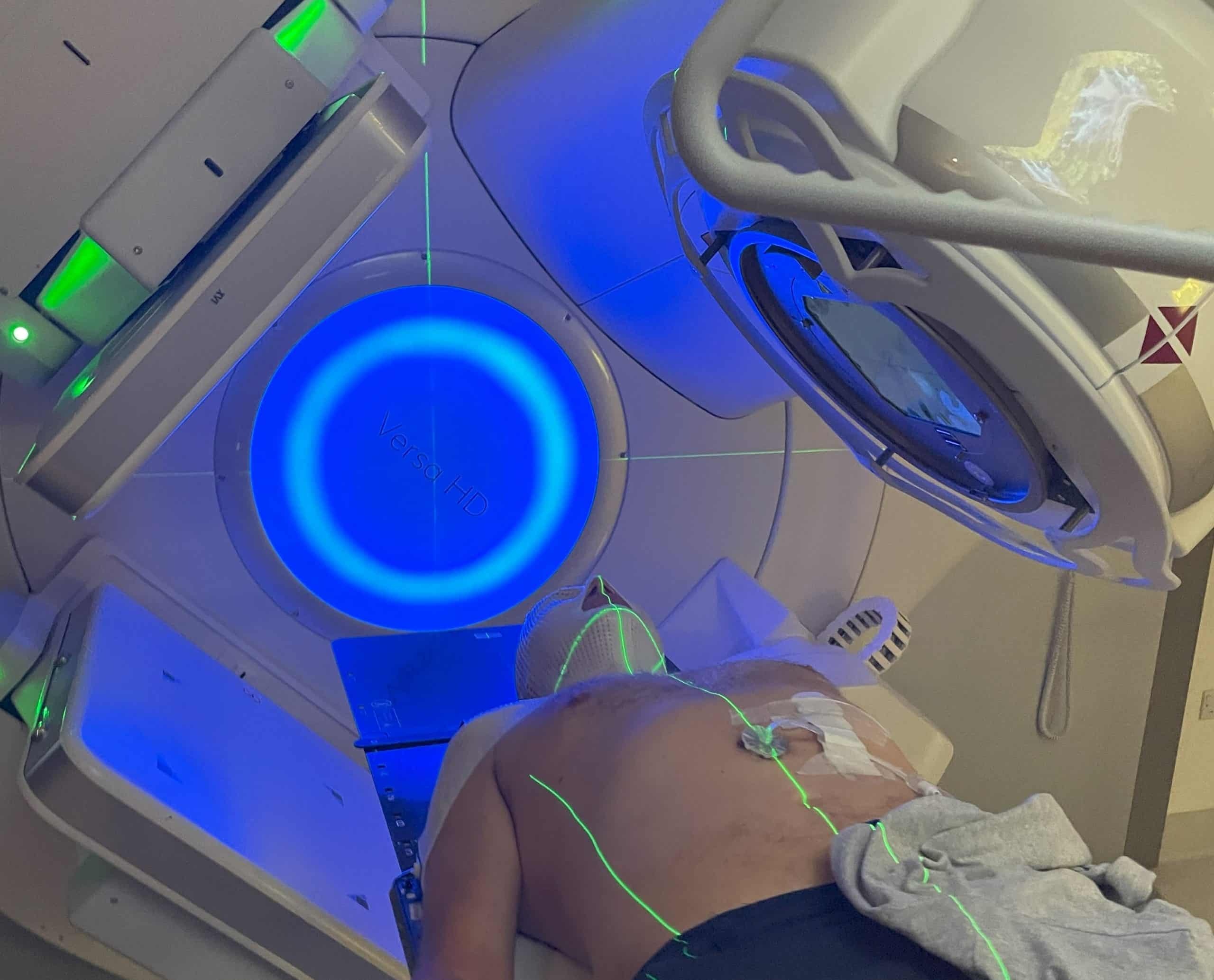Head and Neck cancer treatments
When treatment is about to start, it can feel daunting. Be sure to ask as many questions as you want and need. It's important to feel prepared so don't feel bad about repeating the same question(s) with your clinicians. Remember that Head and Neck cancer treatment understanding and approaches have advanced significantly over the last few decades, and even over the last 5 years. There are much better outcomes today than there were previously, and these cancers can often have positive outcomes. Try to stay as positive as you can.
Given the complexity of the range of head and neck cancers, treatments are varied and can be complex. The major treatments for head and neck cancer may include one or more of the following: surgery, radiation treatment, chemotherapy, chemoradiation therapy, targeted therapies and immunotherapy.
Exercise and rest are crucial for your treatment and recovery to be successful. Your body will go through a lot during your treatment so be prepared to have daytime sleeps and rest. Regular exercise when you feel most perky in the day is good for your mental and physical health even if it is simply walking around the block once a day.
Convalescence is an old fashioned word but it’s true we all lead such busy life’s ticking boxes and getting on with living. But remember head and neck cancer treatment is brutal and your body needs time to recuperate.
The links below may be useful to read.
Remember we don’t get all the side effects either during treatment or after treatment but it’s useful to have an idea of what may happen.
General Treatment Information
A quick overview of what to expect
Radiotherapy / Chemotherapy
A quick overview of what to expect
Head and Neck Surgery
A quick overview of what to expect

This summary from one of our Ambassadors describes her treatment experience.
https://oraclehnc.org.uk/head-and-neck-cancers-matter-by-hazel
This is an article written by a retired consultant from Leeds on what happens when treatment finishes is very good.
This may be useful as well.
Cookbook by Andrew Gaylor (Head and Neck Cancer Survivor 2022)
